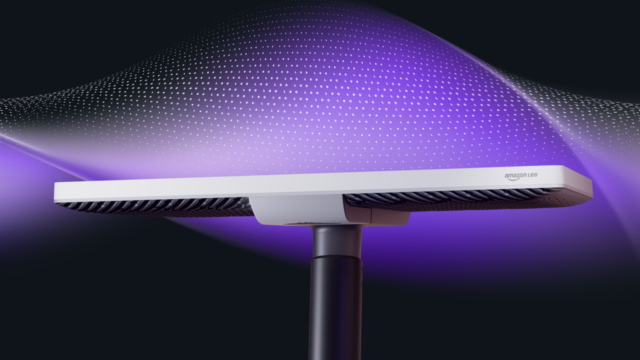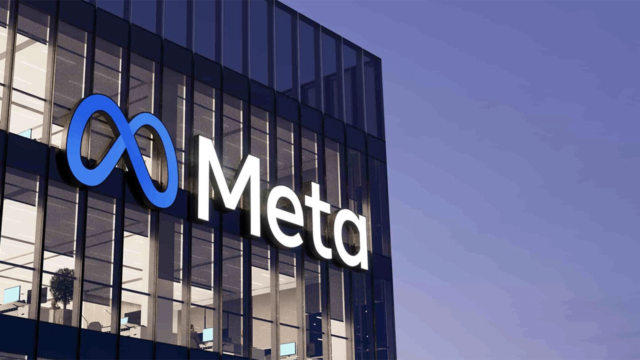After years of speculation that other automakers would license Tesla’s Full Self-Driving (FSD) system, Elon Musk has finally admitted that no automaker wants it. Musk stated, “They don’t want it!”
Why Don’t Automakers Want FSD?
For years, Tesla’s (TSLA) core value has been based on the idea that the company isn’t just an automaker, but an “AI and Robotics company” whose first robotic product is an autonomous car. CEO Elon Musk has furthered this theory, arguing that Tesla’s autonomy lead is so significant that traditional automakers will eventually have to license FSD to survive.

In early 2021, during the Q4 2020 earnings call, Musk claimed for the first time that Tesla was in “preliminary discussions” with other automakers about licensing the software. Musk, who frequently touted this “openness,” famously tweeted in June 2023 that Tesla was “happy to license Autopilot/FSD or other Tesla technologies” to its competitors.
Speculation peaked in April 2024, when Musk publicly stated that Tesla was “in talks with a major automaker” and that a deal was likely to be signed that year. However, these talks went nowhere, and no deal was finalized.
Musk appears to have abandoned the idea of licensing FSD in a post on X. In a late-night post, Musk acknowledged that negotiations with other automakers had stalled and claimed they were demanding “unworkable requirements” for Tesla:
“I tried to warn them and even offered to license Tesla FSD, but they don’t want it! It’s crazy… When traditional automakers occasionally contact me, they timidly discuss implementing FSD for a very small program within five years, with requirements that are unworkable for Tesla, meaning it’s pointless.”
Traditional automakers typically follow a “V-pattern” validation process. They define the requirements, rigorously test them, and verify safety before launch. When Mercedes-Benz launched Drive Pilot, a true Level 3 system, they accepted full legal responsibility for the vehicle while the system was active.
In contrast, Tesla’s “aggressive rollout” strategy relies on releasing “beta” software to customers and using them to validate the system. This approach has led to federal investigations and lawsuits for years. Meanwhile, major automakers like Toyota have begun integrating autonomous driving technology into consumer vehicles through a partnership with Waymo.













